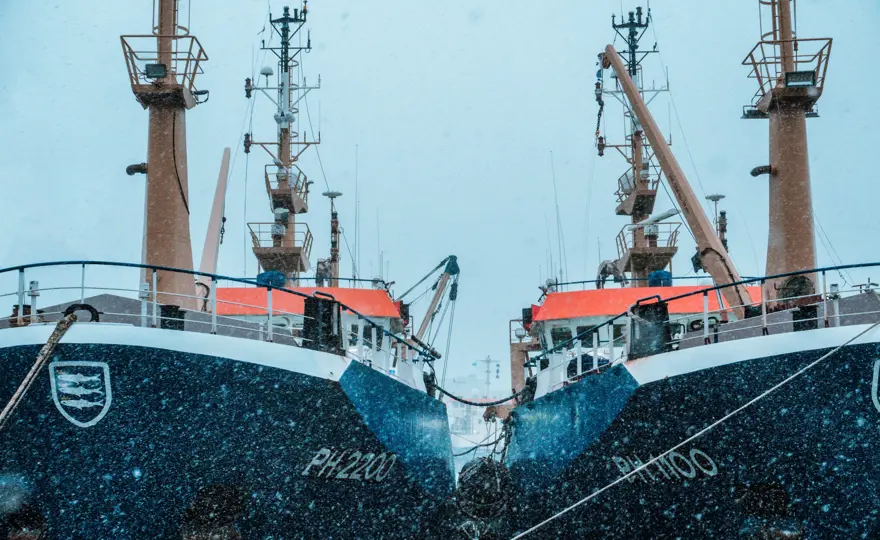ClientEarth Communications
27th September 2021


We are publishing a series of documents revealing the truth behind the setting of unsustainable fishing limits in the European Union that led to the bloc missing its vital deadline to end unsustainable fishing by 2020.
The files show that some countries like Ireland, France and Spain have consistently pushed for unsustainable fishing limits in the Northeast Atlantic, defying the ambitious sustainability objectives and rules of the EU’s Common Fisheries Policy year after year.
Over the years, European fisheries ministers in charge of setting fishing limits – also known as Total Allowable Catches or TACs – have consistently ignored scientific recommendations and consequently failed to end overfishing by the EU’s 2020 legal deadline.
But the lack of transparency of these “December Council” meetings, which are closed to the public, makes it very difficult to hold individual Member States accountable for decisions leading to overfishing, and to ensure the setting of sustainable TACs.
The directory published today compiles all the “December Council files” relating to Northeast Atlantic fishing limits for 2017 to 2021, including a number of previously unseen documents that cannot be found in the Council’s document register.
Our science and policy advisor for fisheries Jenni Grossmann said:
We are disclosing these documents to help the public uncover the truth behind unsustainable fishing limits and overfishing in the EU. The Council’s own document register is a maze without a map, unless you know exactly what you are looking for and how it is labelled it’s almost impossible to navigate. This directory seeks to make sense of it all.
All these documents should have been published at the time of the Fisheries Council negotiations – this is crucial to holding Member States accountable for their decisions and to finally ending overfishing on the water, not just on paper.
We have been working for years to tackle the issue of secrecy around TAC-setting and push decision-makers to proactively publish information in a timely manner. This is crucial to ensure that civil society has a say in these negotiations, which are often heavily influenced by the fishing industry.
To that end, our lawyers submitted formal access to documents requests to find out more about Member States’ positions. While most files were eventually disclosed following these requests, the process remains too lengthy and difficult for effective public participation.
Following our complaint, the European Ombudsman called on the Council to increase transparency of its decision-making by publishing documents related to TAC-setting as soon as they are circulated among Member States. However, the Council has failed to accept this recommendation and continues to refuse to proactively publish these files.
As most fishing limits previously set by the Council are now negotiated between the EU and the UK and discussions are about to begin for the 2022 fishing limits, we are calling on both parties for more transparency.
Jenni added:
Brexit offers both new challenges and opportunities for sustainable fisheries management – and for transparency.
Upon the UK’s initiative, civil society organisations like ClientEarth were for the first time invited to plenary sessions this year. This is a step in the right direction, but the overall process remains secretive, with very little public documentation. We will watch closely if both the EU and the UK are ready to honour their various sustainability promises and stop hiding behind closed doors.
Have a look at the December Council files